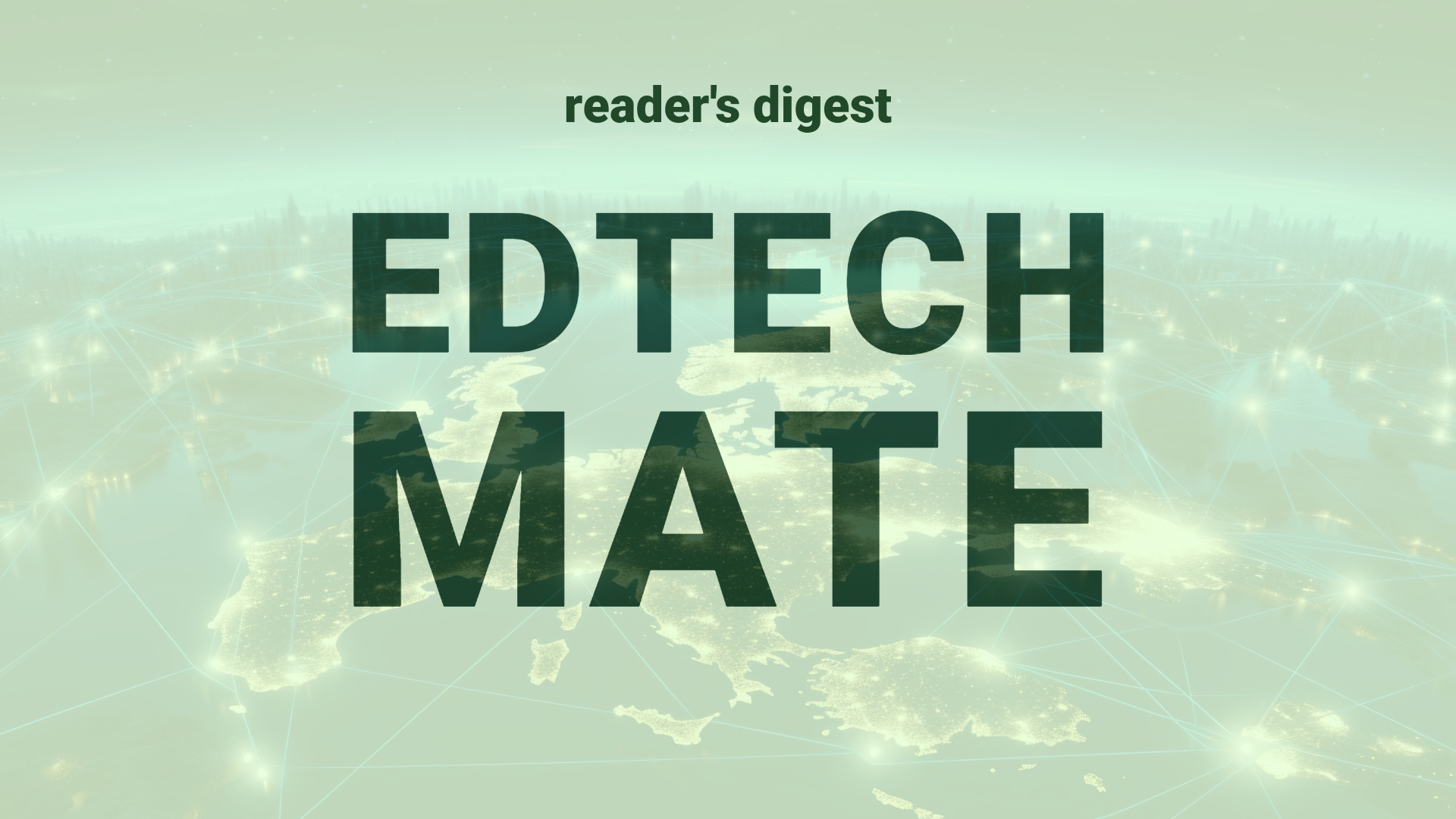“`html
Executive Summary and Main Points
The European Union’s AI Act is on the verge of becoming law, aimed at ensuring trustworthy and human-centric artificial intelligence. This legislation is designed to strike a balance between fostering technological progress and protecting European consumers’ rights. With the potential to be the world’s first comprehensive law on AI, the AI Act focuses on high-risk and unacceptable risk AI systems, imposing significant compliance and documentation responsibilities on businesses. It is anticipated to serve as a launchpad for EU startups and SMEs, driving the global race for reliable AI.
Potential Impact in the Education Sector
The AI Act may influence Further Education, Higher Education, and Micro-credentials by setting new standards for AI use in critical applications such as exam evaluations and credit assessments. Its emphasis on documentation and transparency requirements could drive the adoption of AI in a way that is responsible and respects individual rights. Strategic partnerships between education providers and tech companies could be formed to navigate compliance, foster innovation, and enhance the digital learning experience.
Potential Applicability in the Education Sector
Innovative applications of AI within the global education systems could include personalized learning algorithms, AI-powered research assistance, and predictive analytics to support student success and retention. Educational institutions could leverage AI to provide tailored support, automate administrative tasks, and enhance online learning environments, all while ensuring technology aligns with the new EU regulations.
Criticism and Potential Shortfalls
There is a risk that the AI Act may stifle innovation by prioritizing compliance over creativity. In the case of education, the legislation may overlook autonomous and semi-autonomous systems which are significant in the educational technology landscape. Furthermore, ethical considerations regarding surveillance and emotional recognition in schools should be addressed, considering the cultural diversity and ethical standards across different countries.
Actionable Recommendations
The education leadership within the international arena should monitor the AI Act’s development closely and consider investing in awareness programs geared towards understanding AI capabilities and limitations. Establishing regulatory sandboxes tailored for educational technology can foster innovation responsibly. Leaders should also establish frameworks to ensure AI systems enhance the learning experience without encroaching on privacy or autonomy.
“`
Source article: https://www.cio.com/article/2106070/tutti-i-modi-in-cui-i-leader-dellit-possono-affrontare-lai-act.html

